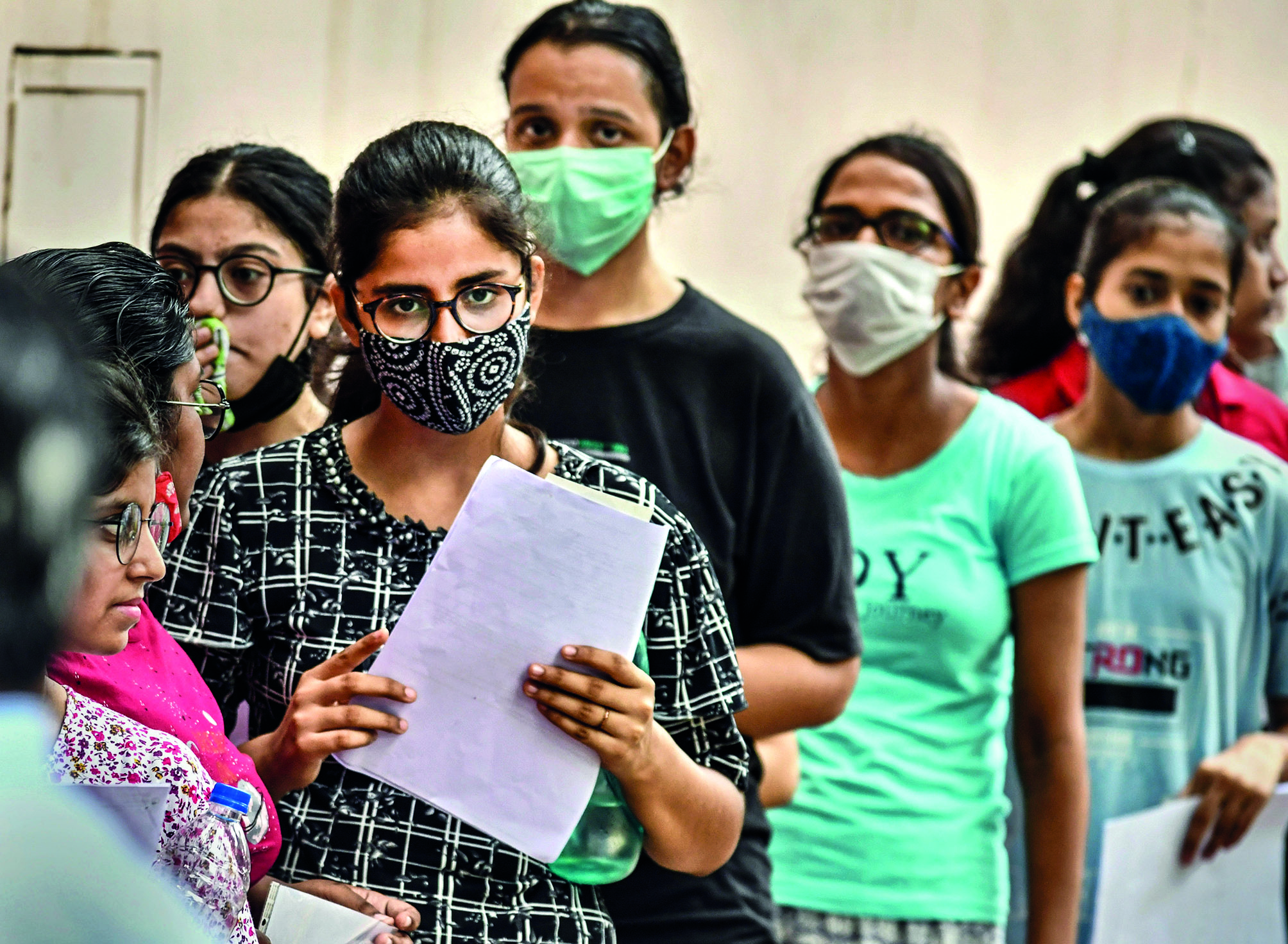Journalism & Mass Communication changed into practical-based subject

Kolkata: The West Bengal Council of Higher Secondary Education (WBCHSE) has changed Journalism & Mass Communication (JMCN) into a practical-based subject providing students, pursuing higher studies in the subject, a good foundation right from the school level.
The move assumes significance with the rising demand among students to study JMCN in the higher secondary level where, to date, it was taught as a theoretical and project-based subject. In the undergraduate and postgraduate level, the subject is a blend of both theory and practical aspects.
“JMCN as a subject was project-based in the higher secondary level. However, from this year we have changed it into practical-based. This will give a good foundation to the students who want to take it up for higher studies. The students will be made aware of the hazards that journalists face during their fieldwork,” said Chiranjib Bhattacharjee, president of WBCHSE.
There will be provisions for summer internships for students and the syllabus has been designed in a manner that students do not face difficulty while they pursue higher studies in JMCN. So far 80 marks were allotted for theory and another 20 marks for project work in JMCN. In the changed format, there will be 70 marks for theory and 30 for practical.
In the first semester, which will have a predominance of theory, types of communication, basic ideas about the subject, types of mass communication will be taught. Students will also be taught how to work in print media and the history of mass communication. In the second semester, hands-on training will be given in radio and television journalism. The syllabus and question pattern for JMCN have been uploaded on the Council’s website.



